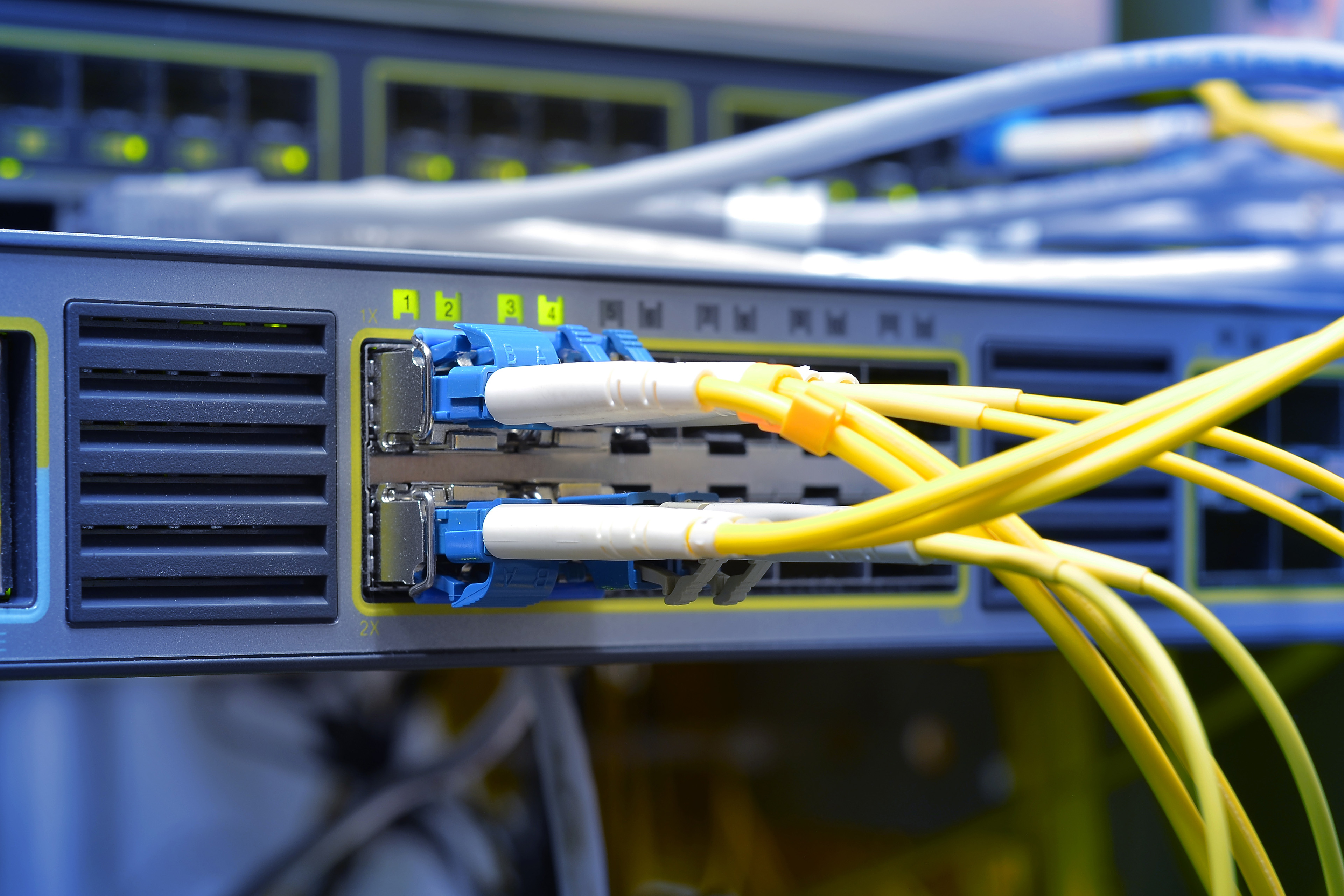Research translation
FLEET is ensuring sustainable translation of research outcomes.
With a goal to help transform Australia’s electronic technologies, FLEET welcomes partnerships with industry organisations. FLEET is actively building links with partners interested in novel electronic devices and systems, working towards research translation outcomes.
Engaging with industry
Progress towards this important goal in 2021 included:
- Beginning Linkage projects to develop hole spin quantum bits in industrially fabricated silicon chips between FLEET-UNSW team (Hamilton and Culcer) and international R&D organisation, Interuniversity Microelectronics Centre (IMEC)
- Launching Linkage project between MOG Labs and FLEET-Monash University (Helmerson) to develop agile synthesisers for quantum computing, simulation and sensing
- Starting Linkage project between Australian companies and FLEET’s University of Wollongong node to develop functional materials for superior thermoelectric applications
- Lodging two provisional patents: Negative-capacitance topological quantum field-effect transistor, and crystal hetero-structure semiconductor device. See more below.
- Launching new FLEET industry-engagement seminar series
- Briefing the world-leading semiconductor fabricator Taiwan Semiconductor Manufacturing Company (TSMC) about FLEET’s research mission and progress
- Giving technical briefings to Oxford Instruments (UK), commercial quantum software company HQS Quantum Simulations (Germany), semiconductor firm Ferroelectric Memory Company (German), and venture capital firm Businessizer AS (Norway)
- Offering training to FLEET members to raise awareness of industry working environment and prepare them for diverse future careers (see Training)
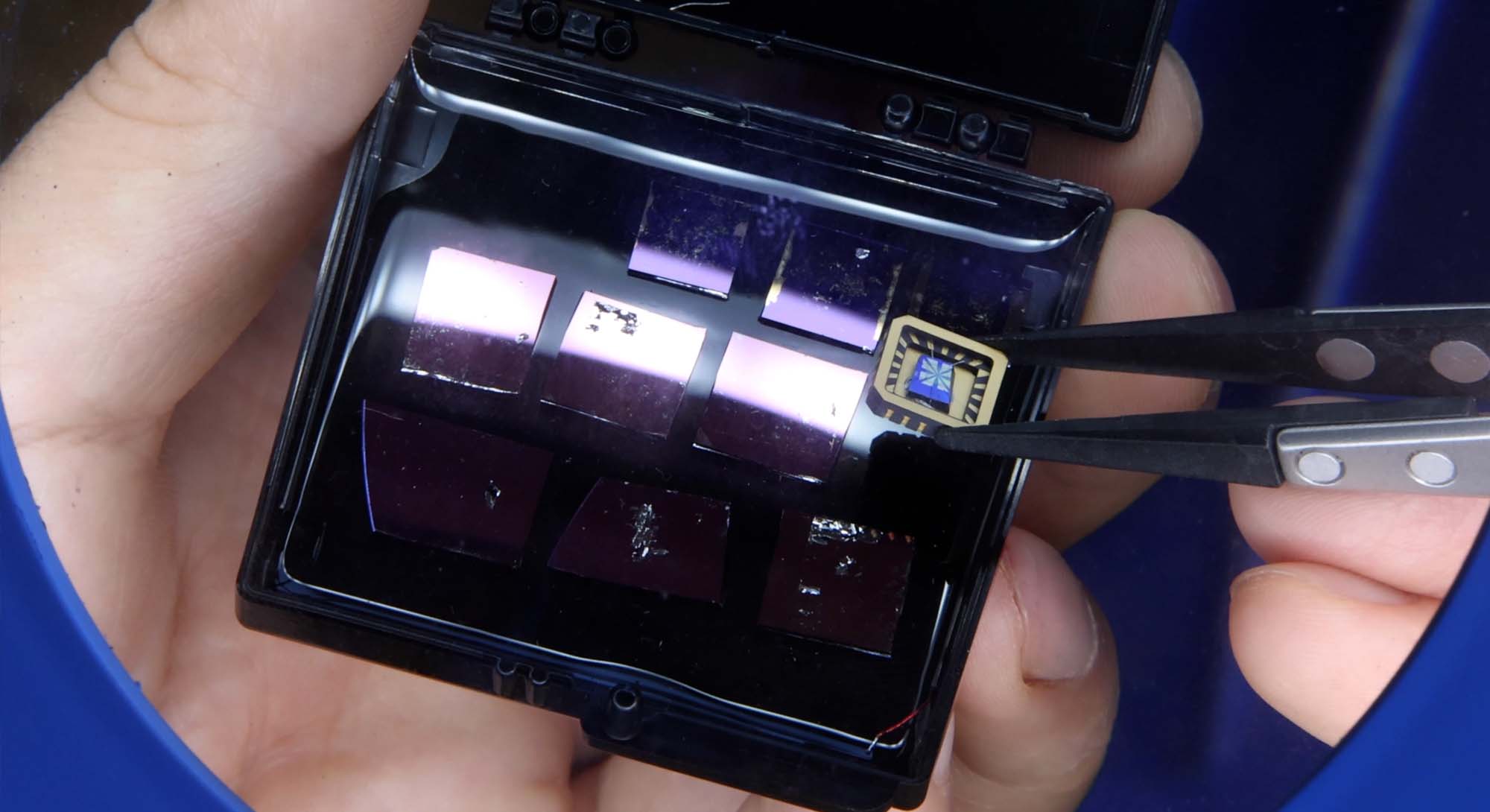
New FLEET Translation Program to shepherd scientific discovery towards commercialisation
Patents and startup progress
FLEET is committed to boosting the Australian research and development sector and making opportunities to create high-value intellectual property for transforming electronic technologies by focusing on developing advanced structures that will offer dissipationless electronics.
Two new provisional patents were lodged in 2021:
- Negative capacitance topological quantum field effect transistor (TQFET), showing that a topological transistor can switch with lower voltage than a conventional transistor (Fuhrer)
- Crystal hetero-structure semiconductor device and fabrication process (Hamilton, Klochan, DQ Wang, Ashlea-Alava)
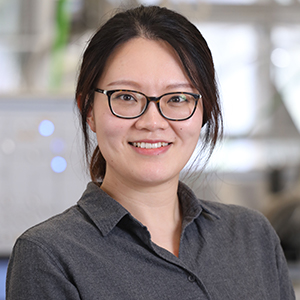
The technology covered by our new high-conductivity crystal hetero-structure patent will allow devices optimised for lower noise and higher frequency operations, improving device performance in applications such as mobile and radio communications, radar and satellite communications.
Daisy Qingwen Wang Co-patent holder FLEET Research Fellow
FLEET’s mission is to enable continuing growth of computing without that growth being throttled by the availability and costs of energy. We do this by developing a new transistor that can switch at lower energy. Along the way, we are creating new IP on material fabrication, processes and theory/modelling methods.
Suites of important quantum materials IP created within FLEET will serve as the basis for establishing spin-off companies.
FLEET members hold seven patents and FLEET investigators Prof Kourosh Kalantar-zadeh (UNSW) and Dr Torben Daeneke (RMIT University), together with Dr Dorna Esrafilzadeh (UNSW), established a successful startup (LM Plus) in 2020, launched in April 2021.
FLEET’s capacity building has also galvanised the Australian research community to take the lead in electronic materials research more broadly. It opens new windows of opportunities for further scientific advancement of FLEET’s discoveries, commercial development of FLEET’s patents and intellectual property, and new research programs that have stemmed from capacity and relationships built through FLEET. A compelling example of this value gain is additional research funding secured by members: Between 2017 and 2021, FLEET researchers have won over $33M in grant value from other ARC schemes, industry grants and Australian and US government funding.
In 2022 FLEET will…
- Continue the industry seminar series, starting with Dr Carlos Diaz (TSMC)
- Implement the FLEET Research Translation Program with a target to fund at least two projects
- Continue FLEET internal training to develop transferable skills for industry and other career paths, including intellectual property, commercialisation and research translation
- Continue to pursue industry internship opportunities for FLEET graduates.
I really want to see how my work can be related to industrial research.
FLEET member survey response

Industry-engagement seminar series
In 2021 FLEET initiated a series of industry-engagement seminars, held roughly every three months, that aim to provide insights on university–industry collaborations, commercialisation of Australian research technology, the semiconductor industry in Australia and overseas, and alternative career paths for STEM PhD graduates.
Presentations in this first year included:
- Dr Erol Harvey (Aikenhead Centre of Medical Discovery, Bionics Institute Australia, miniFAB) speaking about research commercialisation and entrepreneuship
- Dr Steve Duvall (Silanna Semiconductor) on the process of commercialising semiconductor science and collaborating with semiconductor companies
- Dr Sarah Jaber (University Industry Innovation Network) sharing insights on university-industry engagement, the world of consultancy, and employable skills that STEM researchers can transfer to careers outside academia
- Dr Laura Faulconer (Antler), presenting a venture capital-backed startup career pathway, spotlighting initiation of selected Australian/NZ high growth deep-tech startups, the scientists and engineers that are building these companies, and the investors backing them.
Getting FLEET news in industry media
In recent years FLEET has significantly increased placement of FLEET news in industry-relevant media by pressing researchers to identify possible industry ‘hooks’ in each story. In 2021 FLEET science featured in TechXplore, with over 10,000 views, in semiconductor industry online and magazine news, in electronics news, in IEEE Spectrum, and in the Materials Australia magazine, which provides technical and materials support to engineering, manufacturing and research industries.
Along with Centre press releases, these articles have been effective in alerting Australian and international industry to FLEET work, resulting in many industry contacts and a handful of (non-FLEET) concrete contracts being signed.
The Centre has also seen significant value in a strong presence on professional network LinkedIn, and at the end-of-year meeting, launched a campaign to improve members’ presence on that platform.
In particular, FLEET Associate Investigator Dr Torben Daeneke (RMIT) reports over 20 contacts coming from people having seen his team’s work on LinkedIn, or seeing his work being reported elsewhere and then locating him via LinkedIn.
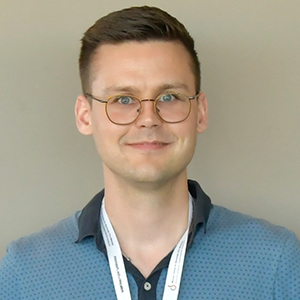
LinkedIn combined with effective press releases works well. Two of the many contacts I’ve received via FLEET press releases and LinkedIn have then led to signed partnerships, seeing $2.85 million in external funding being put into research projects at RMIT, and enabling the hiring of new students (i.e. more science is being done!)
Dr Torben Daeneke FLEET Associate Investigator (RMIT)
Semiconductor roadmap
The inclusion of technologies pursued at FLEET in the 2020 and 2021 editions of the IEEE International Roadmap for Devices and Systems (IRDS) ensures ongoing worldwide visibility of this pathway, particularly within the international semiconductor industry.
The addition of topological-insulator electronic devices (new in 2020) was facilitated in 2020 by FLEET Associate Investigator Prof Francesca Iacopi and this pathway will be expanded in the next (2022) roadmap.
Excitonic devices and domain wall logic also feature in the IRDS.
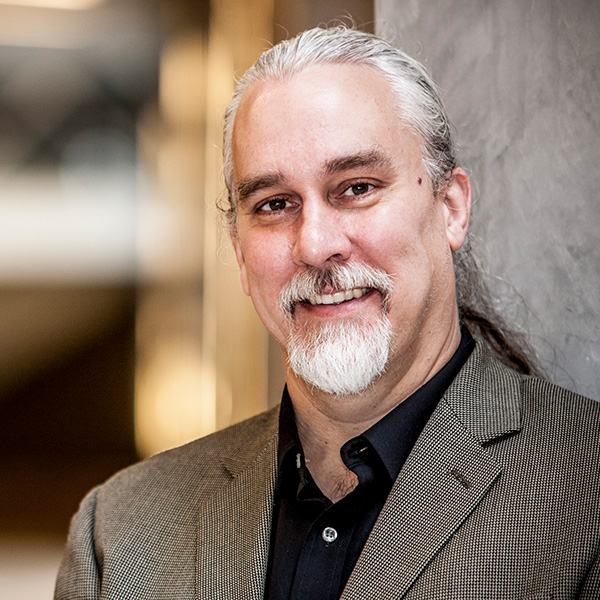
The inclusion of FLEET’s science in the IRDS will ensure that industrial R&D leaders in semiconductors are aware of our work, and will be able to consider FLEET’s breakthroughs among the potential solutions for future low-energy electronics, hence fulfilling the Centre’s mission.
Prof Michael Fuhrer FLEET Director
FLEET will:
- Translate FLEET science to industry
- Ensure the FLEET research mission continues beyond CE17 funding cycle (see FLEET's Sustainability Plan in the Centres strategic plan)
- Ensure Australia’s next generation of science leaders are prepared for a wide range of future careers, including industry
- Establish strong, lasting links between Australian and international science communities
Preparing our people for careers in industry
FLEET recognises that most STEM PhD graduates will end up in careers outside academia. Students need a diverse skills base to enhance their future job opportunities, ensuring readiness for whichever career path they pursue.
FLEET members have access to a tailored education and training program that emphasises not only technical skills but transferable skills in all stages of members’ career development. This program builds future leaders in science and technology from academia to industry, in Australia and internationally (also see Training).
A focus on industry-relevant training in 2021 saw the introduction of an industry-engagement seminar series, with talks covering research commercialisation, commercialising semiconductor science, and transitioning from academia to commercialisation (see above).
Nine members were enrolled in a four-week course to develop research-impact and industry-engagement skills within Cruxes Innovation Base program.
In addition, training offered transferable skills applicable in any future career, including leadership and communication:
- Building Leadership skills (Women and Leadership Australia)
- Taking charge of your career, run by Dr Charlotte Hurry (former FLEET EO)
- Media and presentations training for members, in collaboration with ARC Centres for Mathematical and Statistical Frontiers (ACEMS) and Fragment-Based Design (CFBD)
- Effective personal and communication skills, run by Odyssey Training
- Idea Factory (see case study).
FLEET’s new Translation Program Manager will work closely with Centre governance and working groups (Industry Relations and Education and Training committees, and the Centre’s Student/ECR Working Group) to identify priority training programs relevant to research translation and commercialisation for 2022.
Semiconductor industry news is shared each month in FLEET’s regular newsletter to familiarise members with this sphere, including local and international inventions, trends and events.
As part of FLEET’s mentoring program, the Centre has brought in external industry-based mentors, in areas ranging from research, business to entrepreneurship.
Translation strategy driven by members:
FLEET Industry Relations Committee
With membership from each participating Centre node, and from Chief Investigator to PhD student, the FLEET Industry Relations Committee:
- Helps members understand the commercial value of their products and identify the commercial opportunities of their developments
- Works with the Education and Training Committee to offer industry-focused training to FLEET members
- Promotes engagement with end-users and commercial entities
- Trains and nurtures PhD students and early-career researchers so that they are industry ready, with committee members submitting suggestions for future member training.
FLEET Research Fellow Dr Semonti Bhattacharyya ran an eight-member Monash panel investigating the transition from academia to industry. The Monash Science event aimed at ECRs explored panellists’ varied career pathways and roles in industry.
An industry-engagement brainstorming meeting in Q1 2022 will bring together committee members, Centre communications, and the Translation Program to help guide future engagement strategies.
